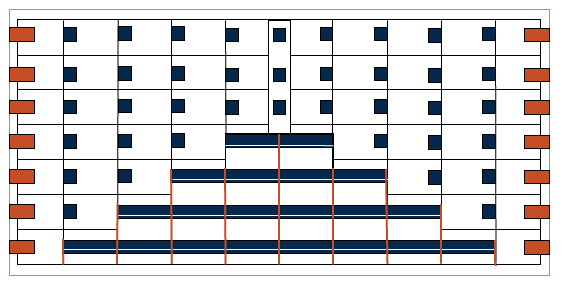The recently concluded KELAS (Kelompok Belajar Ilmu Sosial or Social Sciences Study Group) at the Institute for Advanced Research (IFAR) Atma Jaya provided a unique and transformative learning experience. Facilitated by Nik Setiadarma, a PhD candidate from Northwestern University’s Department of History, this intensive graduate seminar series challenged conventional dualisms and encouraged participants to explore the complexities inherent in the construction, conveyance, and comprehension of political ideas.
With a specific focus on the Southeast Asian region, KELAS examined various approaches to historical writing, illuminating how narratives can shape and be shaped by the politics of knowledge production. Participants engaged in critical discussions surrounding the role of ideology and criticism in framing intellectual discourse, unpacking how prevailing narratives can perpetuate or disrupt existing power structures.
Central to the discourse was the notion of “thought and feeling as political pedagogy,” which recognized the embodied and affective dimensions of knowledge transmission. By exploring the entanglement of reason, emotion, and social relations, KELAS provided a nuanced understanding of how political ideas are not merely abstract constructs but are deeply embedded within lived experiences and cultural contexts.
Throughout the seminar series, participants honed their skills in reading and analyzing historical texts, as well as crafting literature review essays. KELAS fostered a vibrant community of scholars and students united by a shared interest in the history of ideas and political thought, facilitating interdisciplinary dialogues and cross-pollination of perspectives.
Articulating the Value of KELAS (Participants’ Feedback)
For the participants, KELAS was a transformative experience beyond academic pursuits. Its value is manifested in multifaceted ways, shaping personal growth and intellectual development.
Participants acquired invaluable skills in comprehending and analyzing texts, empowering them to distill the essence of complex written works effectively. They developed a nuanced approach to critically interrogating historical narratives, uncovering the underlying societal forces that shape them. These newfound proficiencies in extracting textual meaning and critically deconstructing historical accounts proved transformative for engaging with multifaceted ideas and narratives.
Beyond theoretical frameworks, KELAS inspired personal intellectual journeys. It ignited some passion to delve deeper into the interplay between Indonesian literary and historical narratives. Participants gained fresh perspectives on reading itself, allowing for more nuanced interpretations of texts. The emphasis on close reading equipped them to carefully analyze sources, paying keen attention to the methodological choices of historians. This heightened attention to detail and awareness of methodology enriched their understanding of how historical accounts are constructed.
The learning experience transcended the confines of the syllabus, with participants acquiring a depth and breadth of knowledge that surpassed expectations. KELAS proved effective in imparting meaningful and lasting lessons, equipping participants with practical skills, such as extracting main ideas and improving reading speed – invaluable assets for research projects and theses.
Indeed, KELAS’s impact was profoundly felt by those engaged in scholarly pursuits. Participants shared how the skills honed in KELAS directly facilitated their academic endeavors, enabling them to capture ideas from writings accurately and quickly.
Ultimately, KELAS’s value was encapsulated in the words of one participant: “After taking KELAS, students improved their reading and writing skills.” This succinct statement underscores the transformative power of the learning experience, equipping participants with essential tools for academic success and intellectual exploration.
KELAS’s legacy extends beyond the classroom, cultivating scholarly skills and avenues for self-directed exploration of the complex relationship between literature and the national past. By unlocking the interplay of thought and feeling in political knowledge, KELAS empowered participants to approach political discourse, policymaking, and social change with a heightened appreciation for how these forces shape our understanding of the world.

